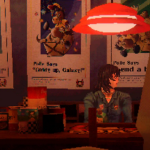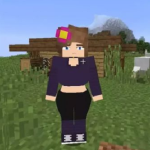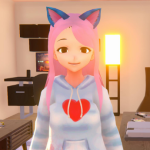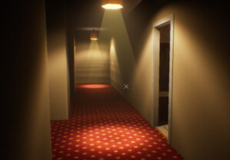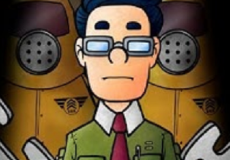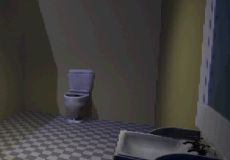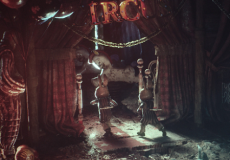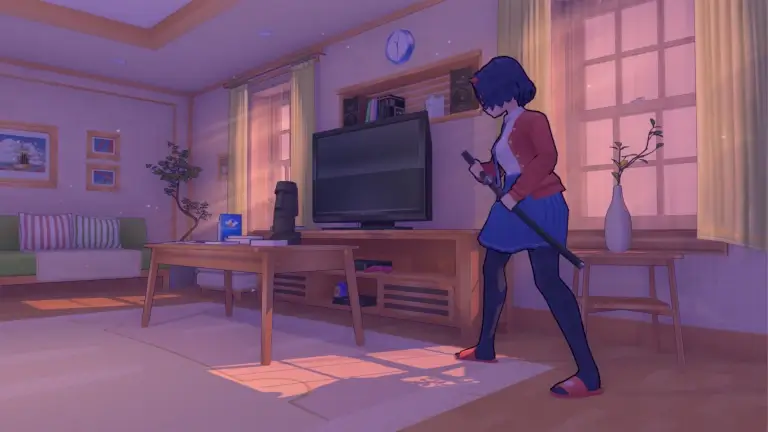

Untime
Advertisement
Untime is an experimental narrative game centered on the story of Circe, a woman who abandons her former life in the city and settles in the quiet town of Dugo. What seems like a chance for a new beginning slowly unfolds into a confrontation with events she cannot control. The game is short, designed to be experienced in one sitting, but it delivers a complete journey that blends themes of time, memory, and inevitability.
Advertisement
Similiar games
Untime is an experimental narrative game centered on the story of Circe, a woman who abandons her former life in the city and settles in the quiet town of Dugo. What seems like a chance for a new beginning slowly unfolds into a confrontation with events she cannot control. The game is short, designed to be experienced in one sitting, but it delivers a complete journey that blends themes of time, memory, and inevitability.
Narrative Approach
The story follows Circe as she tries to adapt to her new surroundings while carrying the weight of an incident from her past. In Dugo, the sense of time is unstable, and moments feel both fixed and distorted. This narrative device emphasizes the conflict between wanting to move forward and being unable to escape what has already happened. Through small details, Untime suggests that memory and consequence shape every choice, even in a seemingly peaceful environment.
Gameplay And Features
Untime is presented through a first-person perspective, which places the player directly in Circe’s experience. Interaction is light, relying more on observation and movement than on complex mechanics. The game runs for about fifteen minutes, keeping its structure focused and its pacing deliberate. While simple in control, it includes warnings for disturbing or graphic content, making it a mature experience.
Core elements include:
· A short runtime designed for one session.
· First-person perspective that strengthens immersion.
· Environmental storytelling with minimal mechanics.
· Themes of time, memory, and personal consequence.
Atmosphere And Style
The design of Untime uses visual contrast and audio cues to build its atmosphere. The town of Dugo may look ordinary, but subtle changes in light, sound, and space create tension. This shifting environment mirrors Circe’s inner struggle, where calm moments are unsettled by reminders of the past. The blending of quiet exploration with sudden intensity ensures that players remain attentive to small details throughout the experience.
Reflection And Outcome
Untime concludes not with clear resolution but with an invitation to reflect. The story highlights the difficulty of leaving behind the past and the limits of control over time. Circe’s journey becomes a metaphor for how memory persists, shaping both present and future. In its brief duration, the game shows how interactive storytelling can capture complex themes, using simplicity of play to emphasize emotional weight and narrative depth.
Discuss Untime

